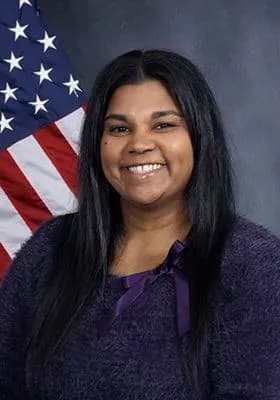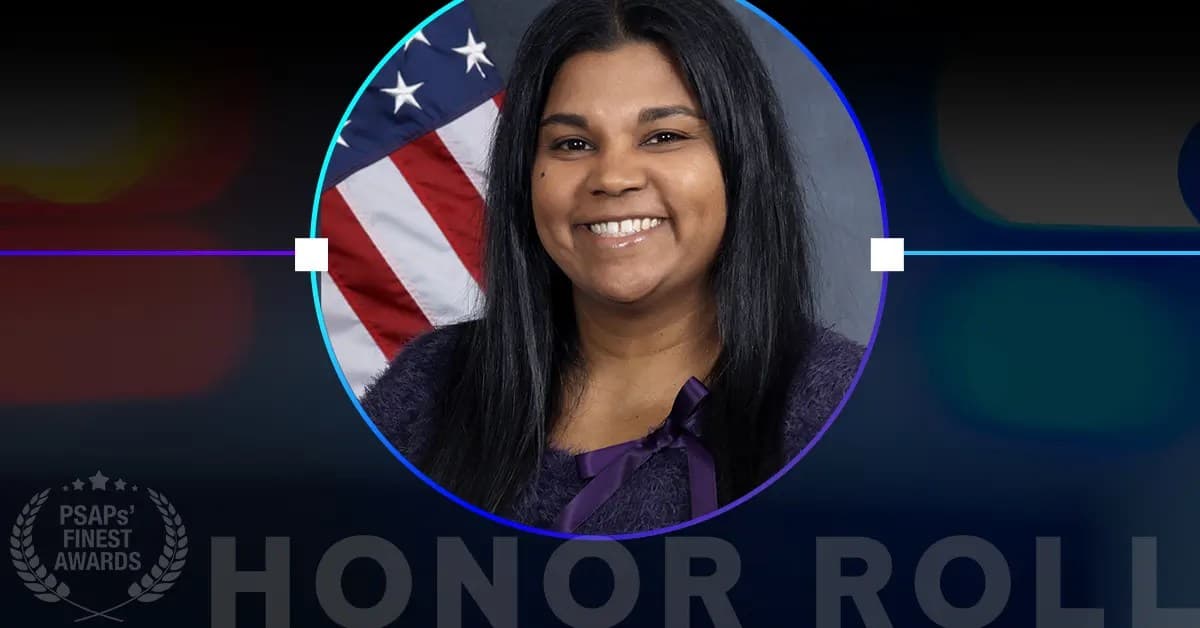
Annerly: Everyone says that it is the desire to serve the community and a focus on helping individuals during critical moments that is the driving force behind a career in public safety and emergency communications, and while this was part of the attraction, I think it was the adrenalin rush every time you answer a 911 call (and not knowing what it will bring). The unpredictability of the calls is a unique challenge and this was a driving force behind my decision to take on the career. I also found that this job appealed to my quick-thinking, common-sense skills and my ability to adapt to situations at the drop of a hat.

Annerly: I would love to say my most memorable experience was something amazing like delivering a baby over the phone, but the calls that stick with you are never the good ones. For me it was sitting in court during the sentencing of the person who had shot one of my officers, who was also a friend. Seeing justice served was rewarding. Dispatchers very rarely get to see how things play out but this was the one call that I was determined to see through. Seeing the culmination of this incident was not just satisfying but also a relief for everyone who it affected. Sitting in the courtroom with everyone made me grateful to be part of a very special family in law enforcement who come together when it really matters.What do you most love about what you do?
Annerly: I love how a call starts from sheer chaos and somehow, with so many moving pieces and variables, all comes together in the end. Everyone knows their role and as a team we get the job done. The feeling of accomplishment when a life is saved, or a bad guy is in custody is unmatched. I love that we can all come together, patrol and dispatch, to ensure that our combined efforts make a difference in the community, even when those efforts are not recognized or appreciated.What advice would you have for others thinking about a similar career path?
Annerly: This career takes a special person and it is a calling, not just a job. Apart from the usual advice about being able to deal with scheduling (working nights and holidays), and having strong communication and multitasking skills, being a dispatcher requires mental resilience and the ability to learn and implement self-care. You have to be able to step back and recognize when the job is taking a toll and make sure that you’re OK! We have all the resources at our fingertips, but I guess we are our own biggest enemies when it comes to taking care of ourselves. So be selfish when it comes to your mental health! Take care of you first!What does it mean to be recognized with a PSAP’s Finest Award?
Annerly: Not only was it a huge surprise to me but I was extremely grateful for the recognition. It is not every day that you see your hard work recognized but when it is, and by a national entity, it is such a rewarding feeling of accomplishment. Needless to say, I cannot do this job without my team (both dispatch and patrol) and without the support of the agency and my family and friends. This award is a milestone in my career and as a supervisor, I hope it is an inspiration to my team as well.





